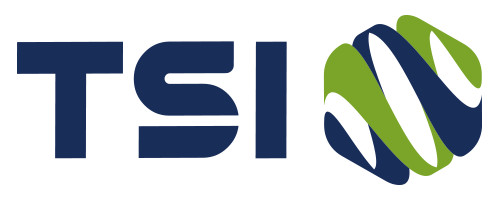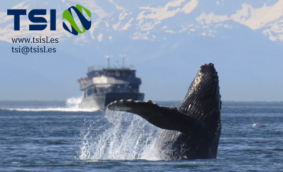New project addresses the threat to underwater life exposed to noise from shipping
In response to serious global concerns about the declining health of our oceans, SATURN a €8.96 million Horizon 2020 funded project led by MaREI, the SFI Research Centre for Energy, Climate and Marine, hosted by University College Cork, represents a significant EU investment that directly supports attainment of targets for a cleaner, quieter maritime sector.
Previous initiatives have advanced knowledge in relevant themes but worked mostly in isolation. SATURN, which has 20 project partners from 10 European countries (MaREI, Aarhus University, Bureau Veritas, JASCO, CETENA, CEFAS, DNV GL, MARIN, Naval Group, TNO, PLOCAN, Quiet Oceans, TIHO, TSI, Wartsila, University of Leiden, UPC, CNR, University of La Laguna, y Sirehna), benefits from a uniquely integrated and interdisciplinary approach with acousticians, marine biologists, maritime engineers and standards bodies working side-by-side and in tandem with a large well-structured group of international stakeholders to create and test innovative solutions for reducing the most harmful effects of underwater noise.
Project lead and MaREI Research Fellow Gerry Sutton said “It is an absolute privilege to be leading such a talented and committed group of scientists and engineers. Everyone put 100% into the proposal, finding common ground by bridging traditional boundaries between their respective disciplines. This means we are now all very much looking forward to the new year when will jointly embark on our exciting four-year work programme.”
SATURN is responding to the present needs of EU citizens and safeguarding these for the future
The unique technical approach of SATURN is to focus on solutions for reducing and mitigating shipping noise output on the sound frequencies that are likely to be causing the most harm. This will represent a step-change for the European maritime transport sector. By assessing new technologies and providing support for policies to mitigate negative impacts of underwater noise from shipping and water-based transport, SATURN is responding to the present needs of EU citizens, markets and environments and safeguarding these for the future.
Dr Bob Flynn, National Contact Point for Horizon 2020 at Enterprise Ireland welcomed the announcement, “SATURN was ranked first ahead of all proposals submitted for this specific Horizon 2020 call and this success by MaREI brings Irish researchers to the forefront of addressing threats to the oceans biodiversity from underwater noise pollution. Enterprise Ireland was pleased to provide financial and technical support for the team to develop their proposal in line with our strategy for Horizon 2020 to support excellence in research with the objective of driving innovation and competitiveness across the Irish economy.”
Technical findings and breakthroughs that the project hopes to achieve
SATURN will be working towards uncovering the physical mechanisms of underwater noise production, methods for how the noise signature of individual ships can be assessed cost effectively, understanding how marine mammals, fish and invertebrates respond to various sound various levels and frequencies they receive, and real-life case studies to test how effective technical and operational efforts can be for reducing sound pressure through smart regional noise management policies.
SATURN has received funding from the European Union’s Horizon 2020 research and innovation programme under grant agreement No 101006443.

